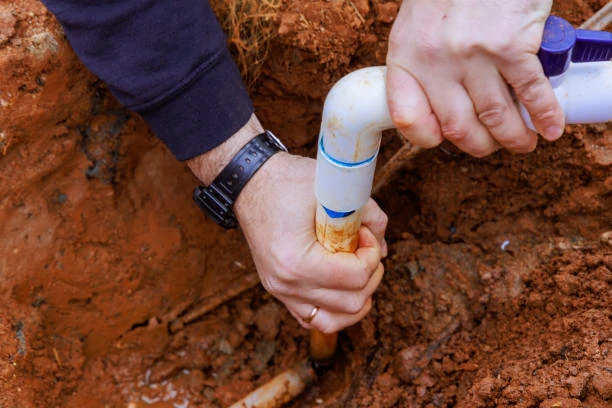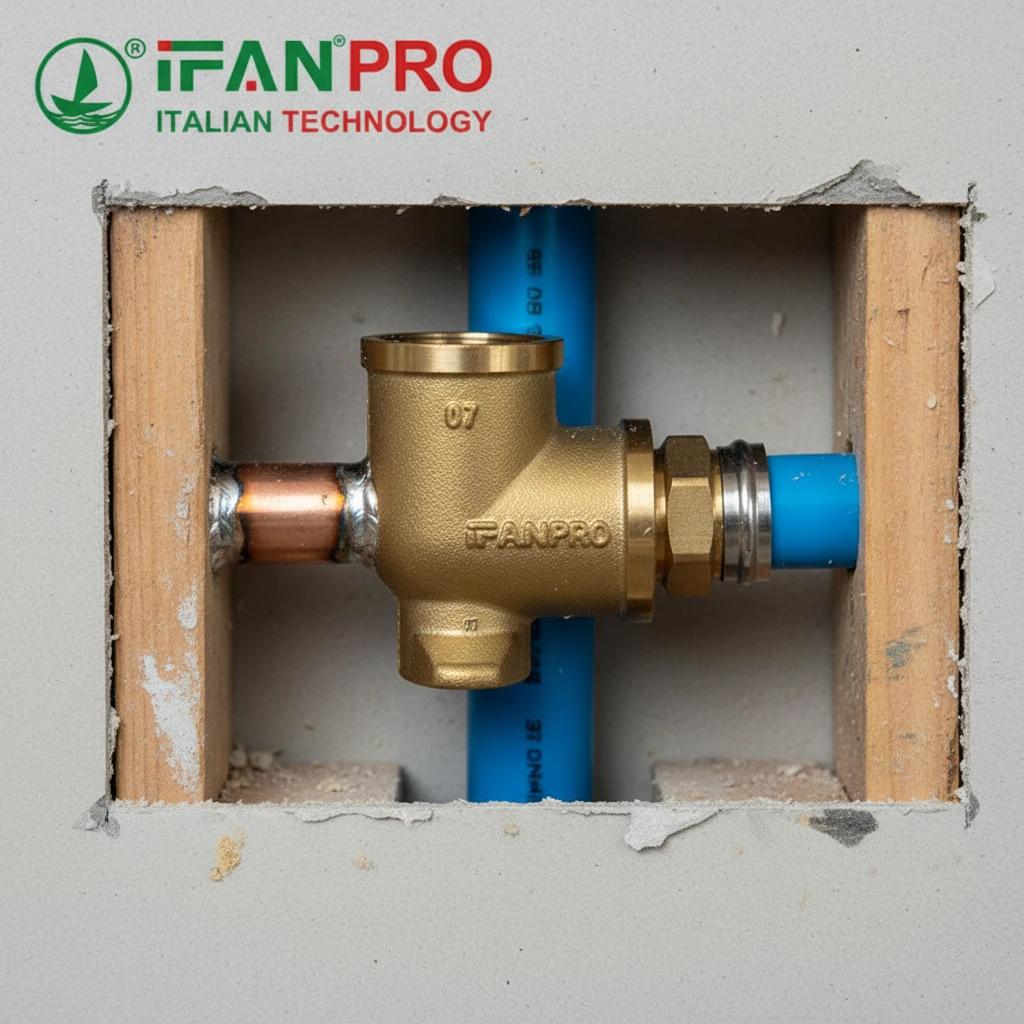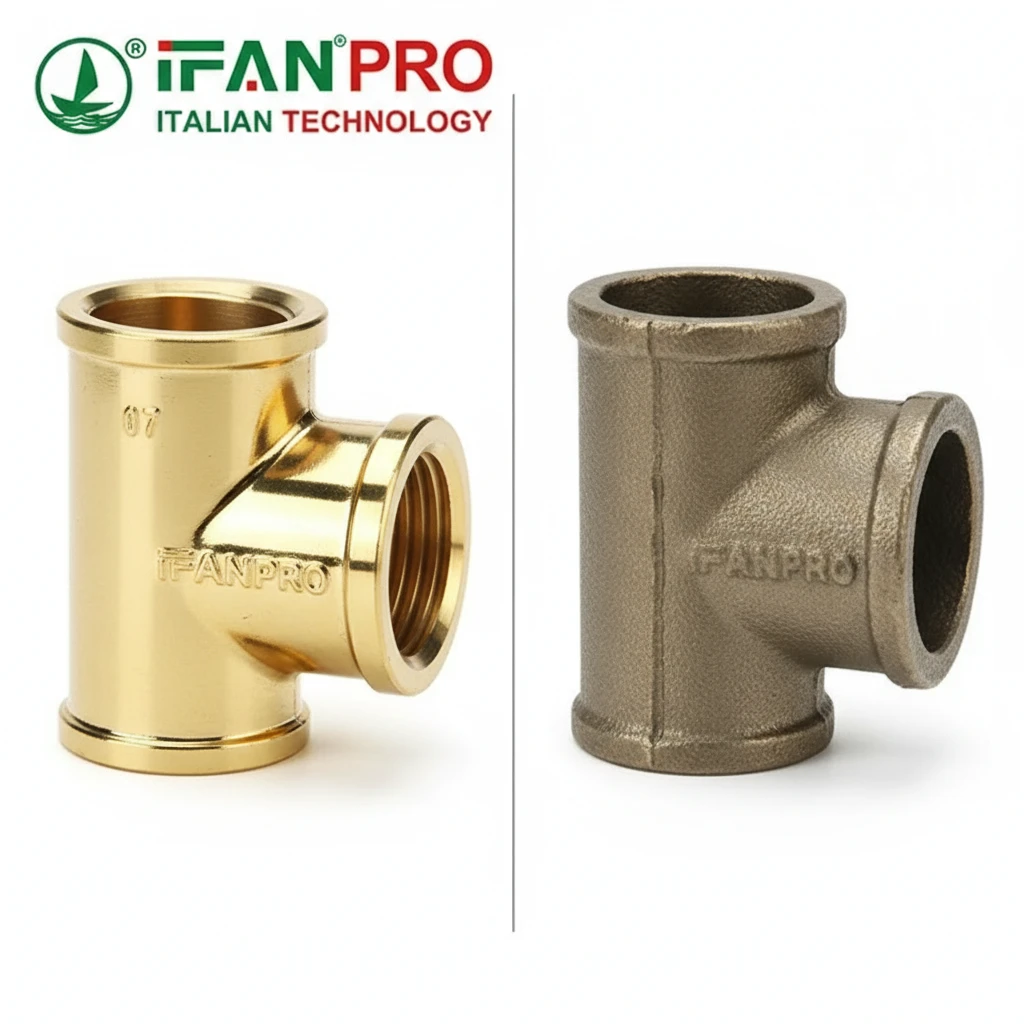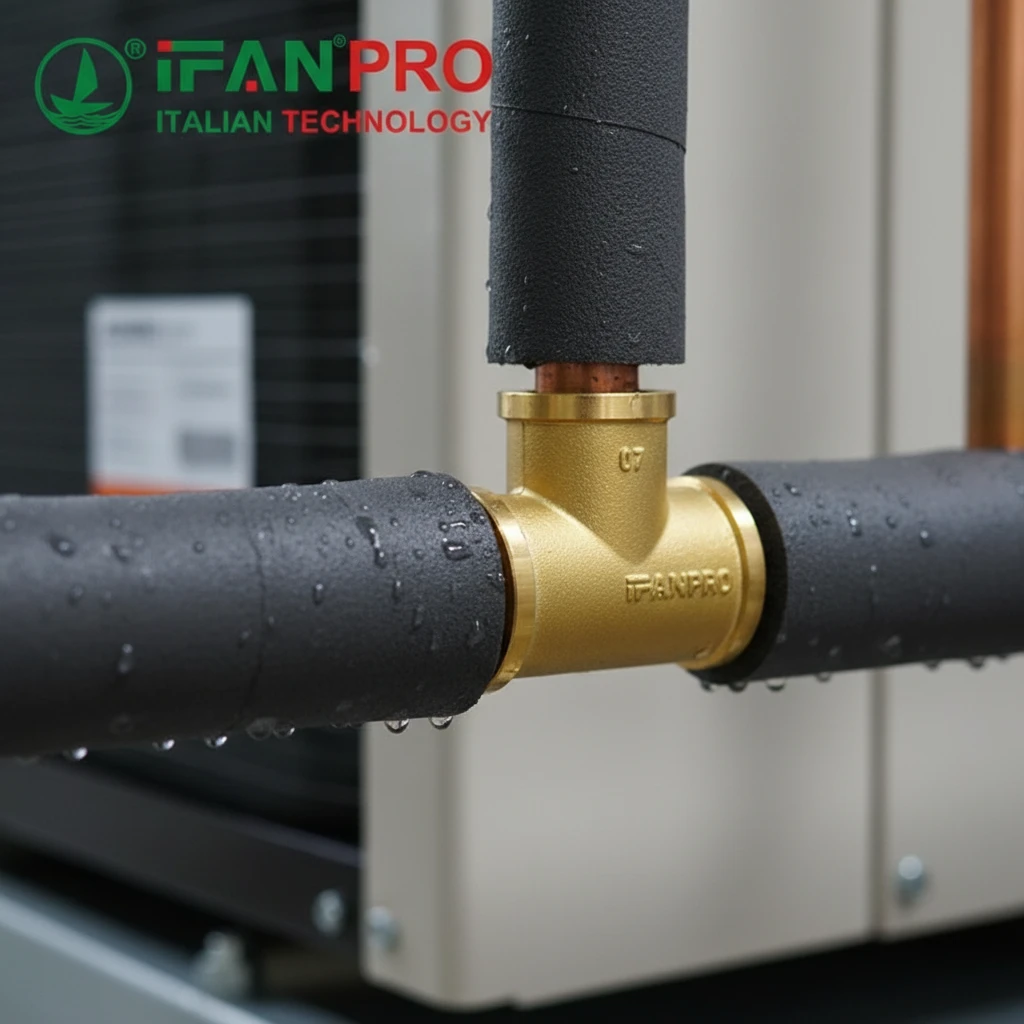PVC (polyvinyl chloride) tubing has gained immense popularity across various industries due to its remarkable durability and resistance to a wide range of environmental factors. From construction to plumbing, PVC tubing proves to be a reliable choice that meets the demands of both residential and commercial applications. Understanding the various types of resistance PVC tubing offers helps users appreciate its value and versatility.
Understanding PVC Tubing
PVC tubing consists of a synthetic plastic polymer known for its strength, lightweight nature, and resistance to degradation. Manufacturers create PVC by polymerizing vinyl chloride, resulting in a versatile material used in countless applications. The unique properties of them make it suitable for various environments, where exposure to moisture, chemicals, and temperature changes occurs frequently.
Chemical Resistance
One of the most significant advantages of them lies in its excellent resistance to chemicals. Many industries rely on them for handling acids, bases, and various solvents without the risk of degradation. Unlike metal or rubber tubing, which can corrode or break down when exposed to certain chemicals, PVC maintains its structural integrity, ensuring safe and efficient transport.
For applications in agriculture, PVC tubing serves as an ideal choice for irrigation systems. The tubing withstands exposure to fertilizers and other agricultural chemicals without deteriorating, ensuring a long service life. In the chemical processing industry, PVC tubing handles the transfer of various substances, providing a reliable solution that minimizes risk.
UV Resistance
PVC tubing often faces exposure to UV radiation, especially in outdoor applications. Prolonged exposure to sunlight can lead to degradation in many materials, resulting in brittleness and reduced strength. However, PVC tubing incorporates UV stabilizers that enhance its resistance to sunlight, allowing it to withstand outdoor conditions without significant deterioration.
The UV resistance of PVC tubing enables its use in applications like garden irrigation and outdoor plumbing. Users can rely on PVC tubing to maintain its performance and appearance even when exposed to harsh sunlight over time. This characteristic makes PVC a practical choice for long-term outdoor installations.
Moisture Resistance
Moisture exposure poses a significant threat to many materials, leading to mold growth, corrosion, and other forms of degradation. PVC tubing offers inherent moisture resistance, making it ideal for applications in humid environments. The non-porous nature of PVC prevents water absorption, ensuring that the tubing maintains its structural integrity even when exposed to damp conditions.
In plumbing systems, PVC tubing serves as a reliable option for transporting water and other fluids. Its ability to resist moisture minimizes the risk of mold or mildew growth, ensuring a clean and safe water supply. This quality also benefits applications in HVAC systems, where condensation can occur. PVC tubing remains unaffected by moisture, providing consistent performance.
Temperature Resistance
Temperature fluctuations can significantly impact the performance of various materials. PVC tubing exhibits excellent temperature resistance, allowing it to function effectively in both hot and cold environments. The material maintains its integrity across a wide temperature range, typically from -40°F to 140°F (-40°C to 60°C).
This temperature resilience makes PVC tubing suitable for various applications, including plumbing, heating, and cooling systems. Whether facing high temperatures in industrial settings or low temperatures in outdoor environments, PVC tubing continues to perform reliably. Its ability to withstand thermal expansion and contraction ensures that it remains functional over time.
Mechanical Strength and Flexibility
The mechanical strength of them plays a crucial role in its durability. PVC boasts high tensile strength, meaning it can withstand significant stress without breaking or deforming. This strength allows them to handle pressure from various fluids, making it a preferred choice for plumbing and irrigation systems.
In addition to its strength, PVC tubing remains flexible, allowing for easy installation and manipulation during use. This flexibility makes it ideal for applications requiring bends and turns. Installers can shape the tubing without worrying about cracking or damaging the material. This combination of strength and flexibility enhances the overall performance of PVC tubing in a variety of settings.
Impact Resistance
Impact resistance is another critical factor contributing to the durability of them. The material can absorb shocks and resist damage from external forces, making it suitable for applications in construction and other high-impact environments. PVC tubing can withstand drops, bumps, and other potential hazards without compromising its integrity.
This characteristic is particularly valuable in situations where the tubing may face accidental impacts, such as in industrial settings or construction sites. Users can trust PVC tubing to perform reliably, even in challenging conditions.
Low Maintenance Requirements
PVC tubing requires minimal maintenance compared to other materials, thanks to its resistance to aging and degradation. The durability of PVC means users do not need to conduct frequent inspections or replacements. This low-maintenance aspect appeals to homeowners, contractors, and business owners looking for practical solutions.
For plumbing systems, the reduced need for maintenance translates into fewer service disruptions. Users can rely on them to deliver consistent performance without the constant worry of repairs or replacements. This reliability adds to the appeal of PVC as a long-term investment.
Environmental Resistance
In addition to its resistance to chemicals and UV radiation, they also withstands various environmental factors, including extreme weather conditions. The material does not warp, crack, or lose performance due to exposure to rain, snow, or heat. This environmental resilience makes them suitable for both indoor and outdoor applications.
The ability of them to resist environmental stresses contributes to its longevity and durability. Whether installed in a basement or an outdoor garden, PVC tubing maintains its integrity, ensuring reliable performance over time.
Color and Aesthetic Retention
Many materials experience color fading or discoloration as they age. PVC tubing, however, maintains its appearance due to the additives used during production. The color retention of them ensures that it remains visually appealing for years, making it suitable for applications where aesthetics matter.
This characteristic is particularly important in visible plumbing applications, where users prefer a clean and professional appearance. Homeowners can enjoy the benefits of them without sacrificing visual appeal.
Recyclability and Environmental Impact
As sustainability becomes a growing concern, the recyclability of materials gains importance. PVC tubing is recyclable, allowing users to dispose of it responsibly at the end of its life cycle. Many manufacturers participate in recycling programs, ensuring that old PVC tubing gets processed into new products.
The longevity and durability of them contribute to its environmentally friendly profile. Users can minimize waste by relying on a material that lasts longer, reducing the frequency of replacements. This aspect aligns with modern efforts to promote sustainable practices and reduce environmental impact.
List of Top PVC tube Suppliers
| Company Name | Location | Years Of Experience | Certificates |
| IFAN | Zhuji, China | 1993 | ISO certification |
| ASC Engineered Solutions | USA | 2019 | ISO certification |
| Patel Precision Works | India | over 21 years | ISO certification |
| RED-WHITE VALVE CORP | USA | 1971 | ISO certification |
| SVF Flow Controls | USA | 1988 | ISO certification |
IFAN international standard for PVC tube
IFAN complies with a wide range of international standards to ensure the quality and reliability of its products. These standards include BS 3505, BS 4346, ASTM D1785 SCH40, ASTM D1785 SCH80, DIN, GB, DWV, ASTM D2665, ASTM D2241, ASTM D2729, ASTM F441/F441M, ISO 1452 Series standards, EN ISO 1452, DIN 8061/8062, GB/T 10002 Series standards, AS/NZS 1477, JIS K6741, CSA B137.3, NSF/ANSI 14, and TIS 17-2532/1131-2535, among others. By adhering to these rigorous standards, IFAN demonstrates its commitment to delivering high-quality plumbing solutions that meet global safety and performance criteria, catering to various industrial and residential applications.
Conclusion
The durability and resistance of them make it an excellent choice for a wide range of applications. With its remarkable chemical, UV, moisture, and temperature resistance, PVC tubing stands up to various environmental challenges. Its mechanical strength and flexibility enhance performance, while low maintenance requirements save users time and money.
Whether in plumbing, construction, or outdoor applications, PVC tubing delivers reliability and longevity. As users increasingly seek durable and sustainable materials, PVC tubing continues to shine as a versatile solution that meets the demands of modern applications. By understanding the various types of resistance PVC tubing offers, users can make informed choices that enhance their projects and ensure long-lasting performance.
Connect
IFAN is a Chinese manufacturer of plastic pipes, fittings and valves with 30 years of experience. If you are interest in IFAN copper fittings, copper valves, plastic pipes and fittings, please contact us. IFAN offers you a variety of standard pipes to meet your specific needs. Click below to learn more about IFAN’s wide range of affordable and cost-effective valve products and piping system related products.
We will reply your email or fax within 24 hours.
You can call us at any time if there is any question on our production.
For more information,pls visit our webside https://ifanpro.com/
Pls Mailto: [email protected]
Whatsapp: + 86 19857948982














Recent Comments